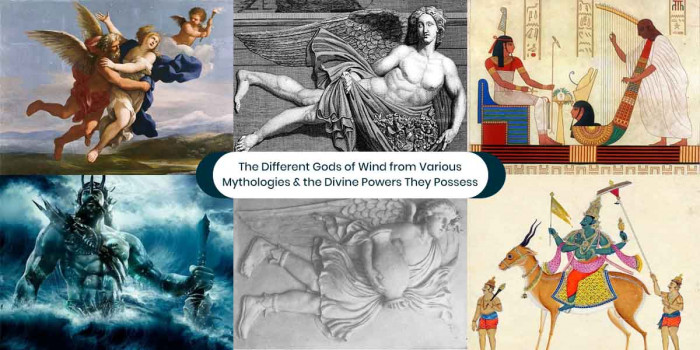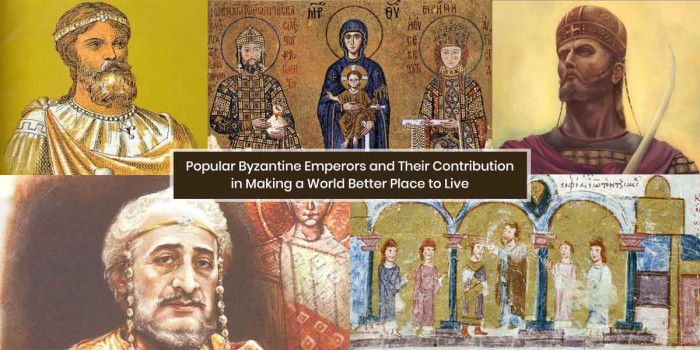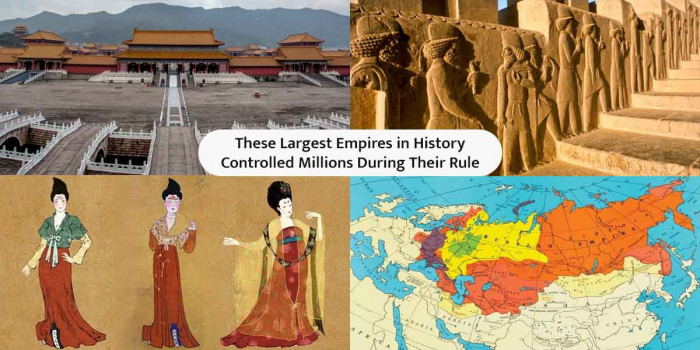10 Historical Events That Made a Profound Impact on the World
History has given us several things to remember. Be it a war or political event: these historical events are still remembered and are mentioned in the books.
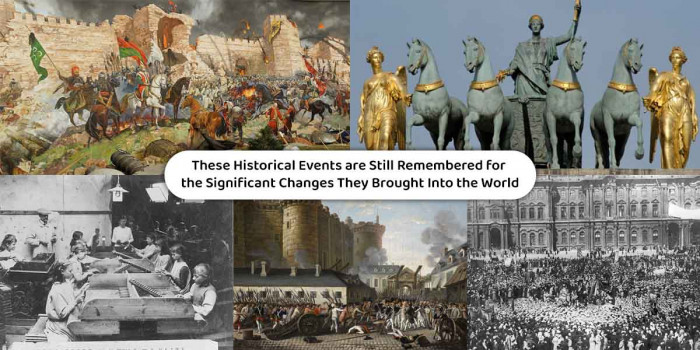
Over the past years, we have witnessed several changes in human history. Right from technological developments and wars, countries have seen transformations that could never be dreamt of. While some of the historical events changed the entire world, others still affect several countries.
For instance, some were violent conflicts like war; others changed the human minds and brought new ways of thinking and living. No matter what and how the events were, they had left an impact on the world.
Let us read about some historical events that changed the entire world.
1. The Black Death (1346 - 1353)
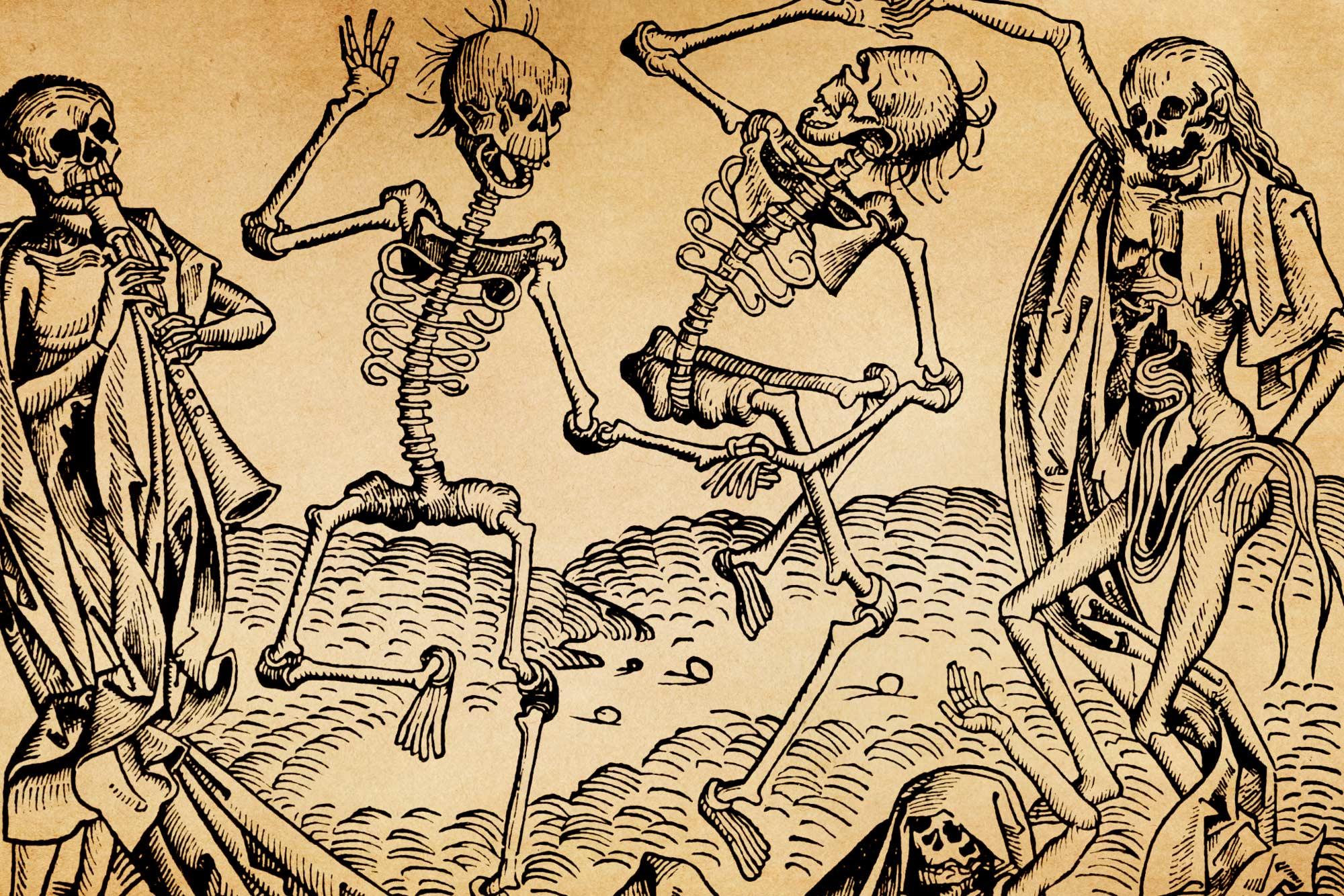
Black Death, or better known as the Black plague, is one of the most infamous historical events ever noted. This plague killed nearly 60-70% of the population in Europe and claimed to kill 60-70 million people’s lives.
The world population didn’t recover until the 17th century. It was a bubonic plague pandemic that occurred in Afro-Eurasia from 1346 to 1353. The plague created religious, social, and economic disasters with disastrous effects in history.
The Black plague was the second disaster affecting Europe during the Late Middle Ages. The signs and symptoms of the black plague developed after seven to eight days of infection.
The symptoms include weakness, chills, abdominal pain, shortness of breath, and vomiting. This plague bacteria may be found in low levels in animals in the southwestern US. People come in contact with bacteria through bites of fleas that have fed on plague-infected rodents. This pandemic caused a labor shortage and killed millions of people.
2. Fall of Constantinople (1453)
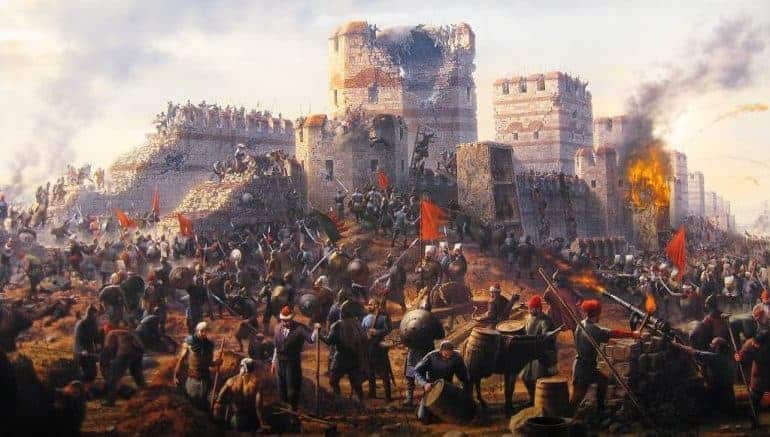
The Fall of Constantinople was the capture of the Byzantine Empire’s capital by the Ottoman Empire. The attacking Ottoman army significantly outnumbered Constantinopole’s defenders and was commanded by the 21-year-old Sultan Mehmed II, whereas the Byzantine Army was led by emperor Constantine XI Palaiologos. The conquest of Constantinople and the fall of the Byzantine Empire was the major historical event of the late Middle Ages.
According to historians, the Middle Ages ended with the fall of Constantinople. Constantinople is now a UNESCO heritage site with beautiful architecture and culture. It was home to Roman Empire and also an important place in the European civilization. During the 10th century, the city had over 800,000 residents.
During that time, the population of the world was low, and 800,00 people living in the same city were a big deal. Unfortunately, the black plague reduced the population to 500,000 people. The fall of the city was considered a boon to Islam and a blow to Christendom.
3. Medical Revolution (19th to 20th century)
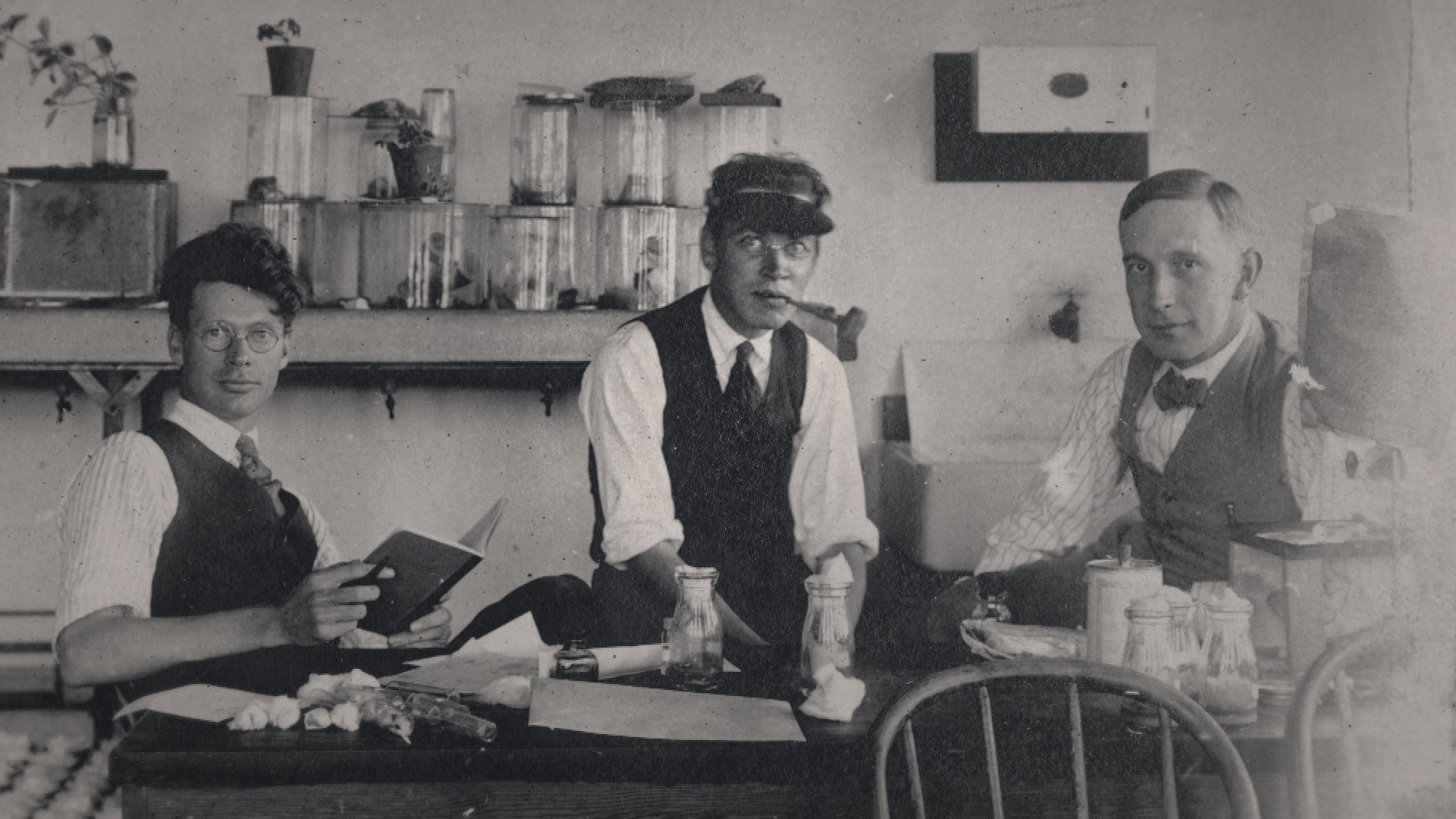
History has given us surprising and terrifying events. Earlier, diseases were thought to be caused by evil spirits or punishment for sinners. The work of Louis Pasteur accepted the germ theory of disease and allowed for cures for many infectious diseases to be developed in the 19th century. After the vaccines were invented, they eliminated the chances of diseases like smallpox, rabies, and polio.
Several health measures were passed as the population of the city made sanitation necessary. The great Alexander Fleming invented Penicillin as the first medicine and found it to be effective against deadly bacterial infections. The developments with the advances in technology led to the age of modern medicine.
4. American Revolution (1765 -1783)
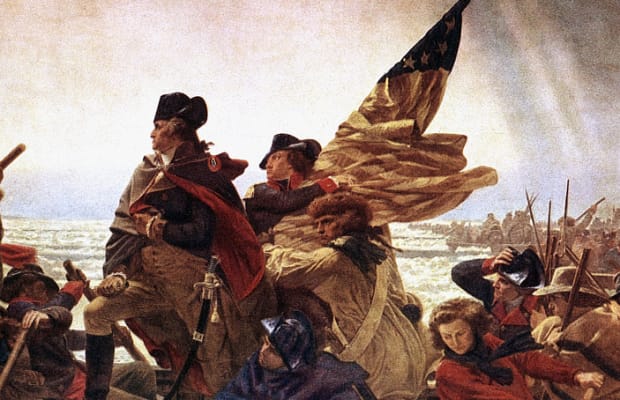
The American Revolution was the political revolution that occurred in colonial North America from 1765 to 1783. This historical event began on 17 April with the battles of Lexington and Concord. When the Treaty of Paris was signed two years later by representatives of King George III, including David Harley and Richard Oswald, it ended the conflict. American Revolution, also called the United States of War of Independence, shaped the next two centuries.
It paved the way for French Revolution and other movements worldwide. The majority of the war was fought in New York, New Jersey, and South Carolina. The lasting influence of the American Revolution gave the idea of being one of the most influential events in history. The engagements were fought in the thirteen colonies, with military actions taking place in the states of Arkansas, Kentucky, Alabama, and Florida.
5. Pearl Harbor
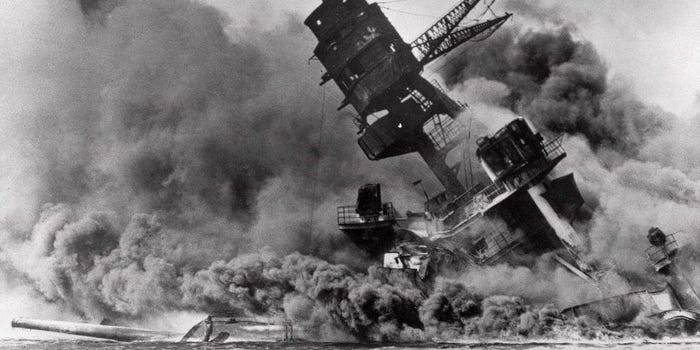
The attack on Pearl Harbor was a military strike by the Japanese Navy Air Service upon the United States against the base at Pearl Harbor in Honolulu. The attack happened on Sunday morning on December 7, 1941. It forced the United States to enter into World War II and bring the war into the Pacific Arena.
This led to the first nuclear bombing attack when the US dropped bombs over Hiroshima and Nagasaki. The base was attacked by Imperial Japanese aircraft in two waves launched from six aircraft carriers. Japan announced declarations of war on the United States and the British empire, but the declarations were not delivered until the following day.
The government war on Japan immediately after finding that the territory had also been attacked. The US officials overlooked Japanese forces and preparations of war and ignored the signs of the impending attack, including the Japanese message about birthing positions at Pearl Harbor. The first wave of the attack included Japanese aircraft along with dive bombers and fighters.
6. The Assassination of Archduke Ferdinand II
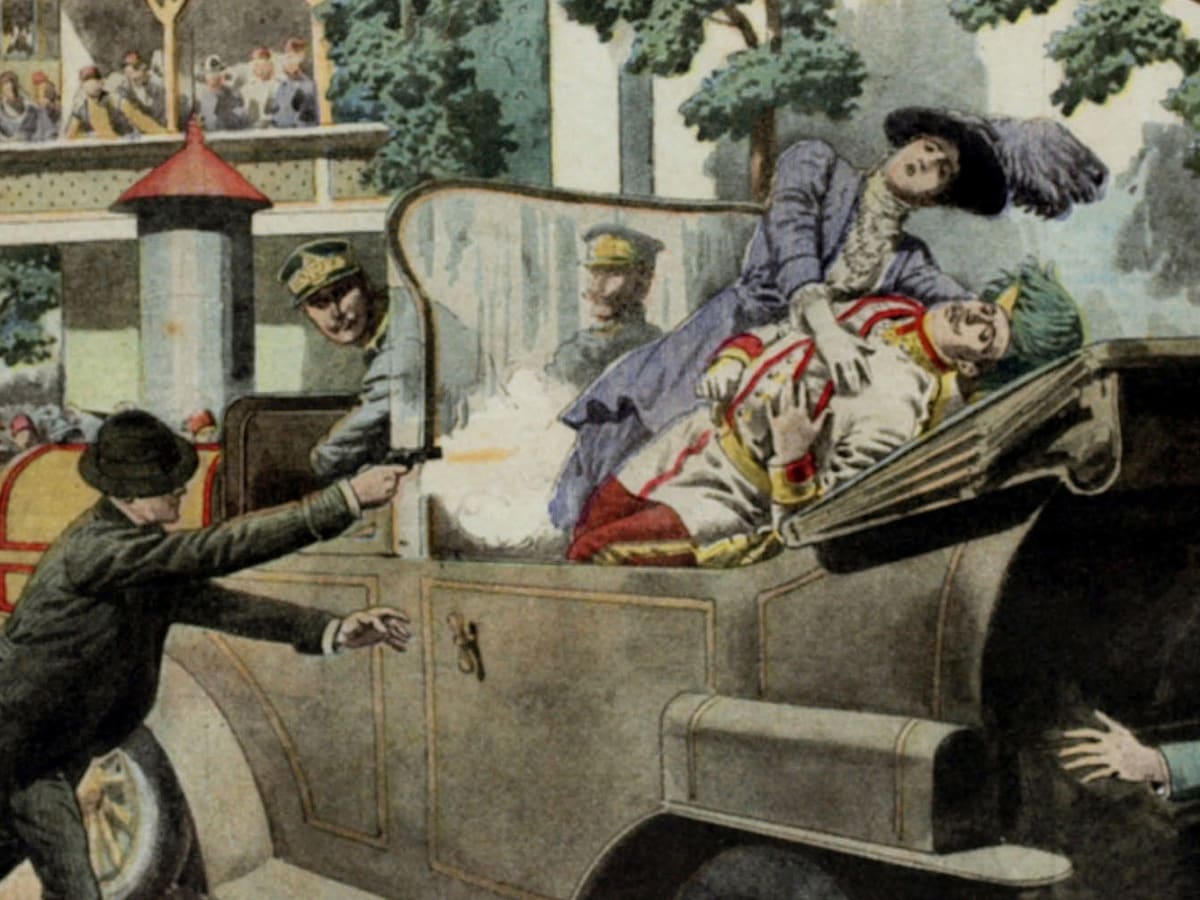
Archduke Franz Ferdinand of Austria and his wife Sophie were killed by a Bosnian Serb nationalist during a visit to the Bosnian capital of Sarajevo in 1914. By the August of that year, Austria-Hungary declared war on Germany, France, and Russia. This started a chain of reactions and involved great powers of the time. Over 9 million people were killed, and the empires of Russia and Austria were dismantled. The origins of WWII can be traced back to the peace forged after WWI.
When Archduke Ferdinand II was killed, the tension started between Austria-Hungary and Serbia, and Austria-Hungary declared war on Serbia when it didn't meet its demands. Even though there had been several issues for the start of WWI, the assassination of Archduke Ferdinand is considered to be the main talk of the war and killed over 30 million people. The Serbian government warned the Austro-Hungarian government about the attack by the terrorists, but the message was not properly conveyed. Here are other notorious assassinations noticed in history.
7. French Revolution (1789-1794)
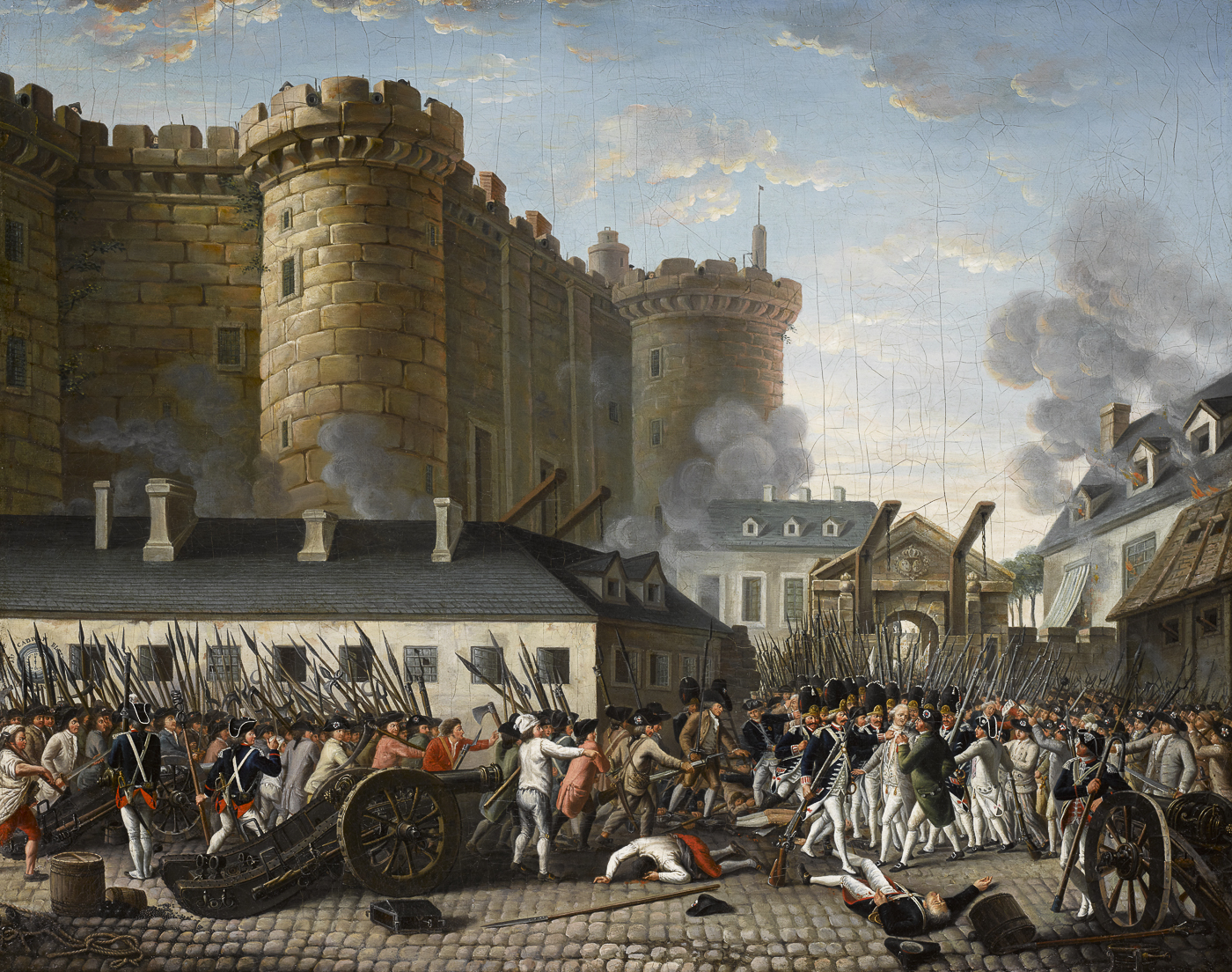
The French Revolution began in 1789 because of the inequalities between the rich and the poor. This historical event refers to the period that ended in November 1799 with the formation of the French Consulate. Before the beginning of the French Revolution, the locals were poor, and the cost of food was so high that many people starved to death. The poor in France, starving a healthy and wealthy life, caused anger everywhere. They even had to pay taxes to the king while the rich did not.
Before French Revolution, it was illegal to worship as a Jew. The religions were illegal. However, after the revolution, people were free to follow these religions. One of the major leaders known in the French Revolution was Maximilien de Robespierre. He sent opponents and others to Guillotine and was captured and beheaded himself.
8. October Revolution (1917)
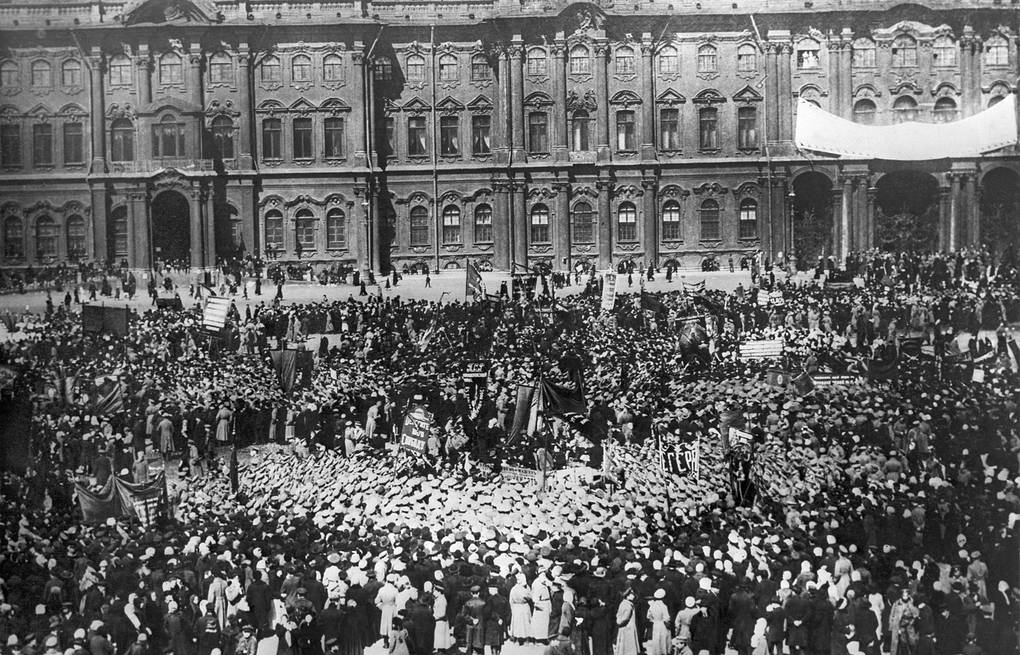
The first socialist revolution began when the Revolutionary movement in the Russian Empire overthrew the autocracy under the Tsar. The overthrow resulted in the establishment of the world’s self-proclaimed socialist state, followed by the beginning of the Russian Civil War. After the Red Army beat the monarchist and capitalist White Army, they established the government called the Soviet Union in 1922. This historical event is also known as the Great October Socialist Revolution.
The revolution followed and capitalized on the February Revolution earlier in the year. It was one of the major political events of the 20th century and also marked the end of the Romanov dynasty and centuries of Russian Imperial rule. In the early 1900s, Russia was the poorest country in Europe, with a growing minority of poor industrial workers. On 12th March, the Volinsky Regiment mutinied, and over 60,000 soldiers joined the revolution. This historical event was the unorganized and leaderless mass revolts in history.
9. Pax Romana (27BC to 180AD)
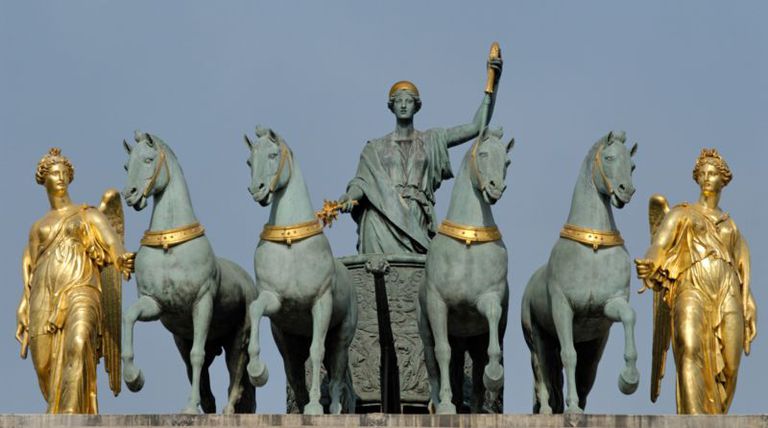
The Pax Romana was a period of two hundred years of relative peace within the Roman Empire. It refers to the period of 27BC to 180 AD when the empire is considered to be peaceful. The first ruler during Pax Romana was responsible for the beginning of Octavian, the new nephew of Julius Caesar.
One emperor that ruled during Pax Romana was not liked much and was assassinated for his cruel behavior. During this period, the Romans had lavish homes and slaves. The Romans consumed strange food like jellyfish and peacocks. They even used public baths to relax and socialize. At the end of Pax Romana, tribes began to attack the frontiers of the Roman Empire.
10. Industrial and Technological Revolution (1760-1914)
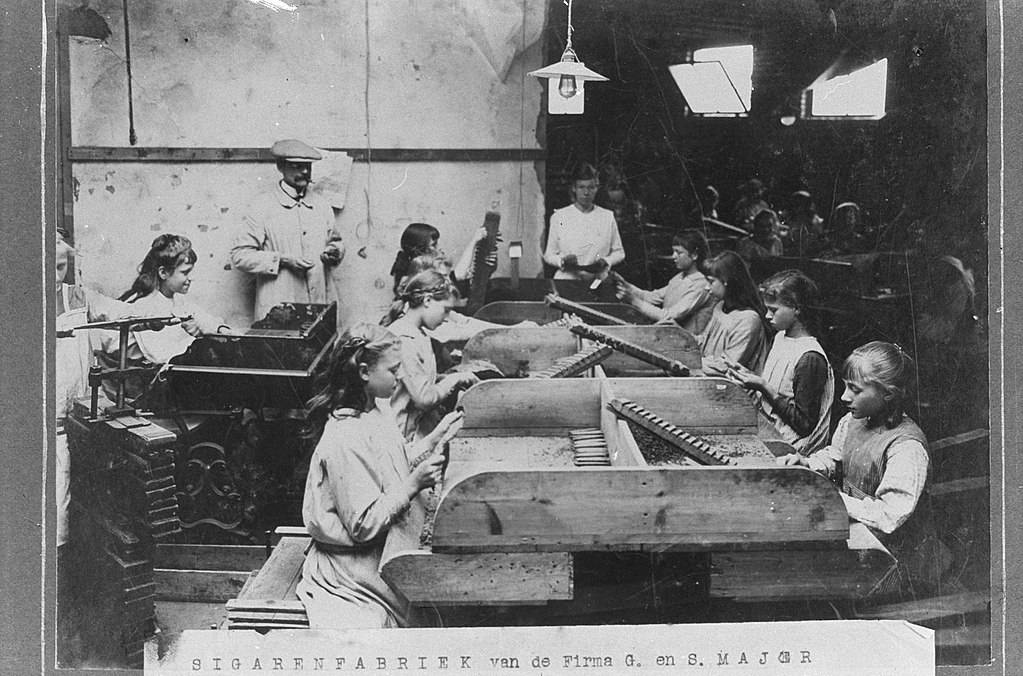
The Industrial Revolution was not about smog-producing smokestacks; it meant profound changes in social relations. The primary and secondary phases of the revolution began from 1760 to 1914.
The period was characterized by the mass adoption of steam technology and the move from the agricultural industry. In 1760, the Industrial Revolution first started in Britain as an aftermath and natural progression from the Renaissance but spread to other parts of Europe after the French Revolution.
At the beginning of the period, the sources of power available to industry were energy and the power of wind & water. New ideas and technologies based on science started to spread and followed for several reasons. The modern amenities right from healthcare to transportation you are enjoying today are because of the Industrial Revolution.
Final Words
The way you understand history would shape your present. Some historical events listed above changed the particular country; others touched several places on the earth.
Do you know other historical events that were remembered for years? If so, then share them.
Popular Posts
Top 10 Sharpest & Deadliest Swords In History
In classic mythological movies, books and television, we’ve seen those audacious sword-wielding heroes smiting the enemi...
Augustus Perez
List of Water Deities from Different Mythologies
Water deities are the gods and goddesses who had the powers to control the elements of water and ruled over all the fresh and saltwater of the earth. Here’s a list of water deities from different mythologies.
Rishika Gupta
Winged Lion: The Terrifying Mythical Creature In Different Mythologies
A mythological creature, a winged lion dates back to ancient times. This flying lion-like creature has origins in Heraldry, Christianity, Mesopotamian, and Greek mythologies.
Ethan Stephans






